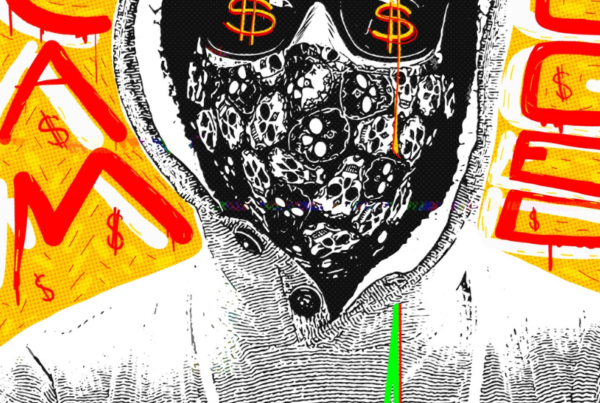With Super Bowl LVII in Phoenix just days away, Arizona’s law enforcement continues to raise awareness that America’s inaugural sporting event is one of the most extensive human trafficking drawcards on the planet.
While the claim has been repeated by law enforcement and the mainstream media over the past twelve years, with no definitive data to back up the bold claim. Essentially, human trafficking is the use of fraud, force, or coercion to obtain labor or commercial sex year-round, not just on high-profile occasions.
Some experts contend that hinging yearly on the sensationalized “Super Bowl sex trafficking” narrative does more harm than good.
How did the connection come about?
The origins of the wildfire chronology between major sporting events and trafficking for sexual exploitation appear to date back to the 2004 Summer Olympics in Athens, in which activists called for a more significant police response. The claim attached itself to prominent sporting events from that point on, with local law enforcement often using high-profile occasions to sustain concerns in the weeks and months leading up to the big day.
However, a recent review by victims support nonprofit The Anti-Trafficking Review found that “76 percent of U.S. print media from 2010 to 2016 propagated the narrative,” but without any empirical support. According to the researcher’s findings, stories bolstered the allegations simply by citing authoritative sources, such as police, politicians or anti-trafficking advocates, without verifiable research or disseminated facts and figures without citation, conflating trafficking and prostitution.

For example, New Jersey authorities professed in 2014 that they had “recovered 16 children between the ages of 13 and 17 and arrested more than 45 pimps and their associates,” in their after-action Super Bowl report.
It is important to note, however, that those numbers are culled from the entire tri-state area, and include arrests that took place several months before game day, with no apparent link to the game.
Certainly, it is conflicting to criticize human trafficking in any capacity because it is so real, underreported, abhorrent, and happening right before our eyes. The first step to taking it seriously is to ensure that all facts are accurate.
Fact-finding regarding trafficking and the Super Bowl is also difficult as host cities will pour extra resources into the matter in the lead-up to the game, resources that would be better spent distributed throughout the year. The crackdowns, which often target illegal prostitution, may lead to a surge of arrests that make good media talking points. Nothing indicates that those same arrests could not have been made at any other time with the same resources, or even whether those arrests were for trafficking or illicit sex work.
Due to the hype, sex workers have complained widely that the increased Super Bowl law enforcement budgets and subsequent clampdowns have put many behind bars. As a result, they are erroneously lumped into the same category as victims of human trafficking, when they are working on their own accord.
Ultimately, blurring these critical lines hurts both sex workers and actual victims of sex trafficking, leading to an overabundance of vulnerable individuals in jail instead of receiving vital assistance.
Critics of the unfounded Super Bowl assertion argue that circulating the myth offers companies who get involved an extra opportunity to promote their own image rather than committing resources all year long to address the problem.
Undoubtedly, this is a calamity that requires commitment and action throughout the year, not just during the Super Bowl. Sexual trafficking is estimated to generate approximately $150 billion in global profits.
Although the Super Bowl does not necessarily spark a mammoth influx of trafficking, as some media reports have suggested in recent years, it has increased awareness of this crime. Unfortunately, the attention often fades once the stadium lights do out, along with the negative consequence that victimization decreases once the game is over.
It is now a matter of moving beyond campaign slogans and stopping the atrocities. Every day of the year is necessary to ensure that victims are protected, because there is exploitation long before and after Sunday kickoff.











